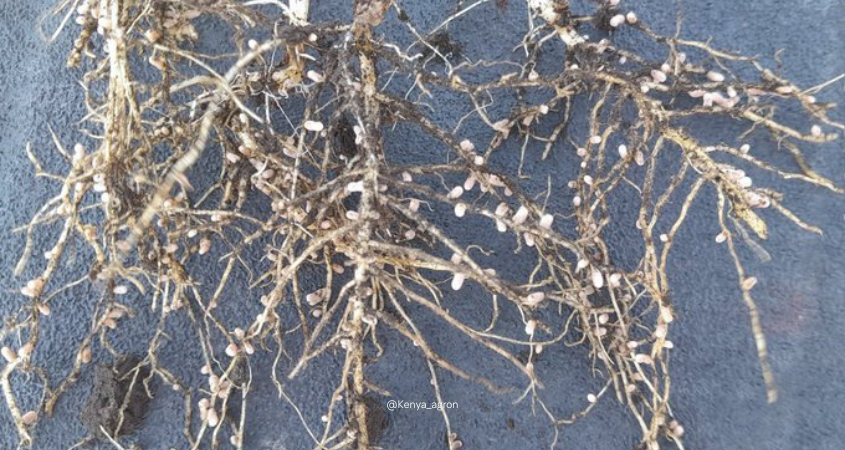
Microbes in the soil form a dynamic community that plays a crucial role in supporting plant growth and maintaining overall soil health. Among these microbes, nitrogen-fixing bacteria and mycorrhizal fungi stand out for their unique contributions.
Nitrogen is an essential nutrient for plant growth, and a significant portion of the Earth’s atmosphere consists of nitrogen gas. However, most plants cannot use atmospheric nitrogen directly. Nitrogen-fixing bacteria, particularly those in the root nodules of leguminous plants, have the remarkable ability to convert atmospheric nitrogen into a form (ammonia or nitrate) that plants can utilise.
Legumes, such as soybeans, peas, and clover, form symbiotic relationships with nitrogen-fixing bacteria, commonly of the genus Rhizobium. These bacteria colonise the root nodules, where they convert nitrogen gas into a form that the plant can assimilate. This process not only benefits the plant but also contributes to soil fertility.
Mycorrhizal fungi form a mutualistic association with plant roots. The fungi extend their hyphae into the soil, effectively increasing the surface area for nutrient absorption. In return, the fungi receive carbohydrates from the plant. This relationship is particularly crucial for the uptake of phosphorus, but mycorrhizal fungi also contribute to the absorption of other nutrients like ammonium and zinc.
Mycorrhizal networks can connect multiple plants, forming a form of “web network”. Through this network, plants can share nutrients, water, and even chemical signals. This interconnected network improves plant resilience to environmental stressors, including drought, pests, and nutrient scarcity.
Both nitrogen-fixing bacteria & mycorrhizal fungi play roles in improving soil health. The hyphal networks of mycorrhizal fungi create stable soil aggregates, preventing soil erosion and promoting water infiltration. These microbes’ activity enhances the soil’s overall tilth and structure.
Certain strains of bacteria and fungi in the soil have antagonistic effects on plant pathogens. E.g, some strains of bacteria can produce antibiotics, while mycorrhizal fungi can induce plant defences. The presence of these beneficial microbes contributes to disease suppression in the soil.
Overall, the roles of nitrogen-fixing bacteria and mycorrhizal fungi in soil health are diverse and essential. From nutrient cycling and enhanced nutrient uptake to improved soil structure and disease suppression, these microbes are indispensable for resilient and productive agricultural systems.
By understanding and fostering these microbial allies, farmers and agronomists can unlock the full potential of their soils, paving the way for sustainable farming and long-term productivity.
Grow more with less.
Related Reading:
#savesoil #soilhealth #soilscience #sustainability #agriculture #agronomy
Order our services and get to know how to improve your soil for better yeilds.